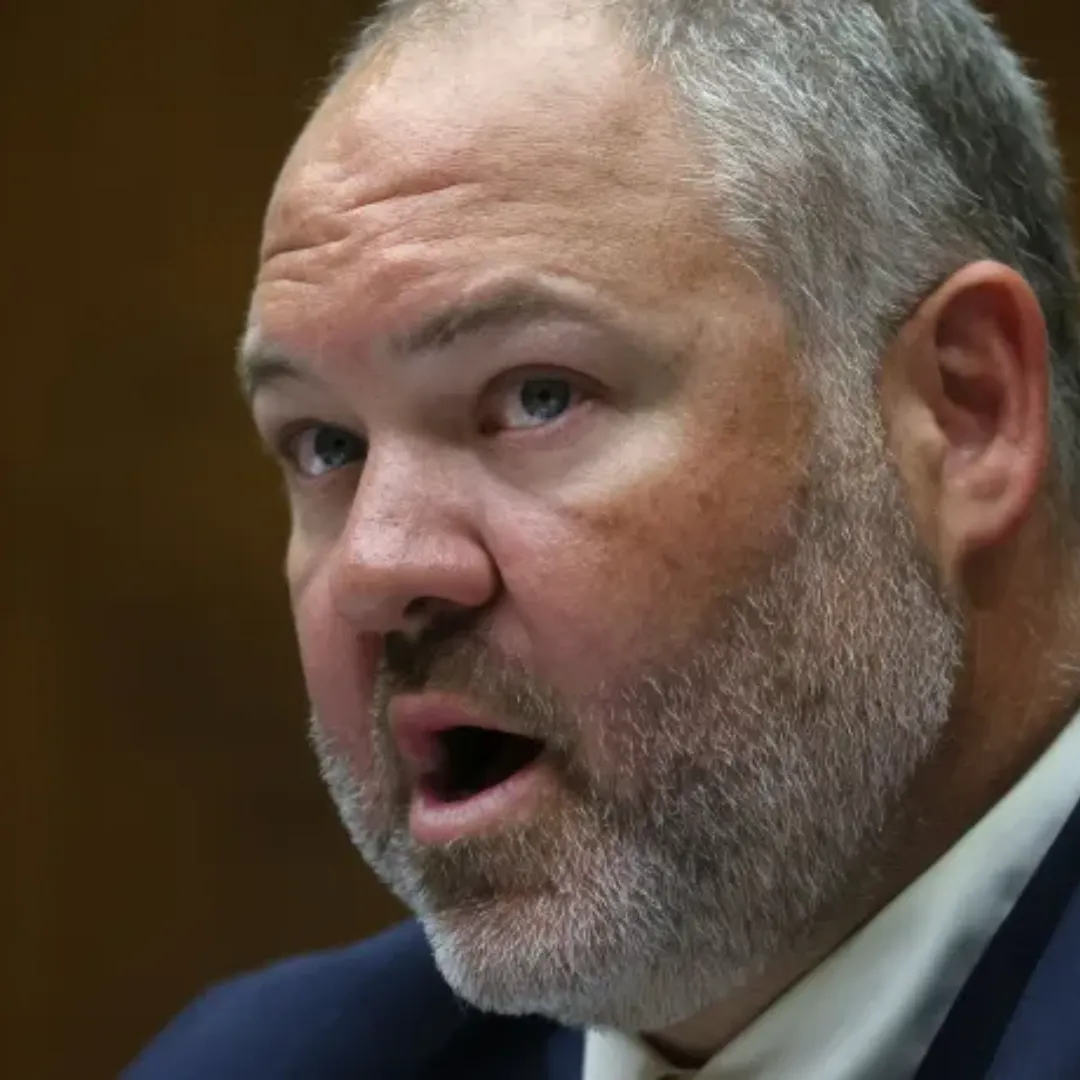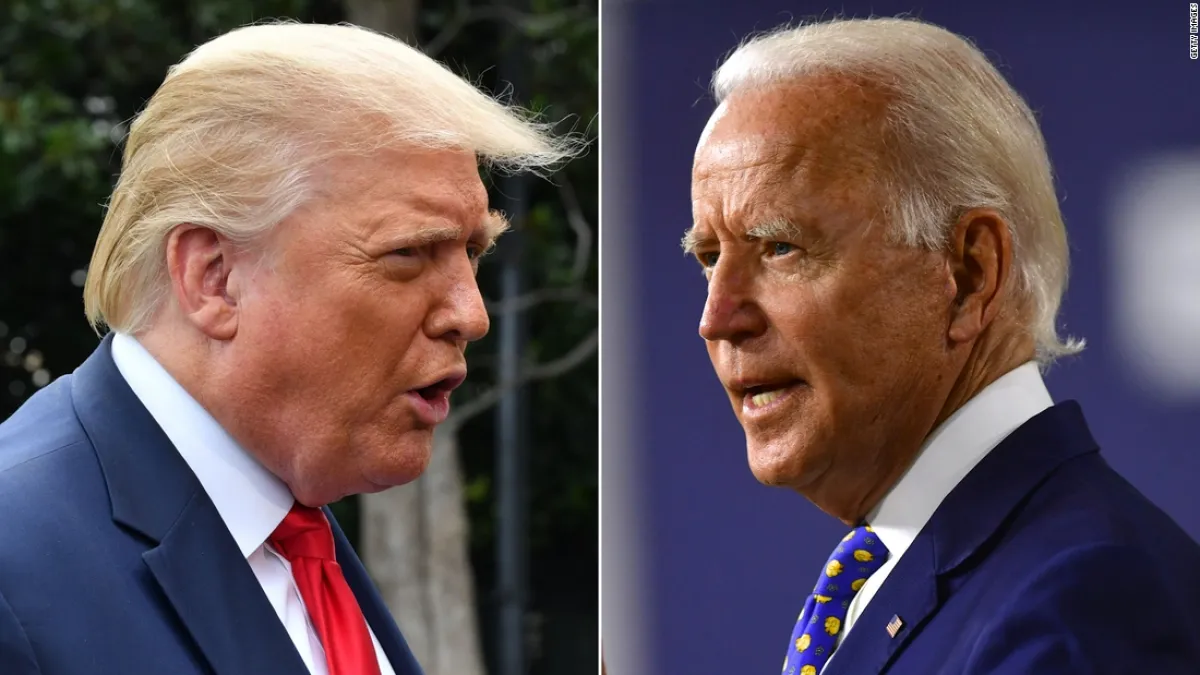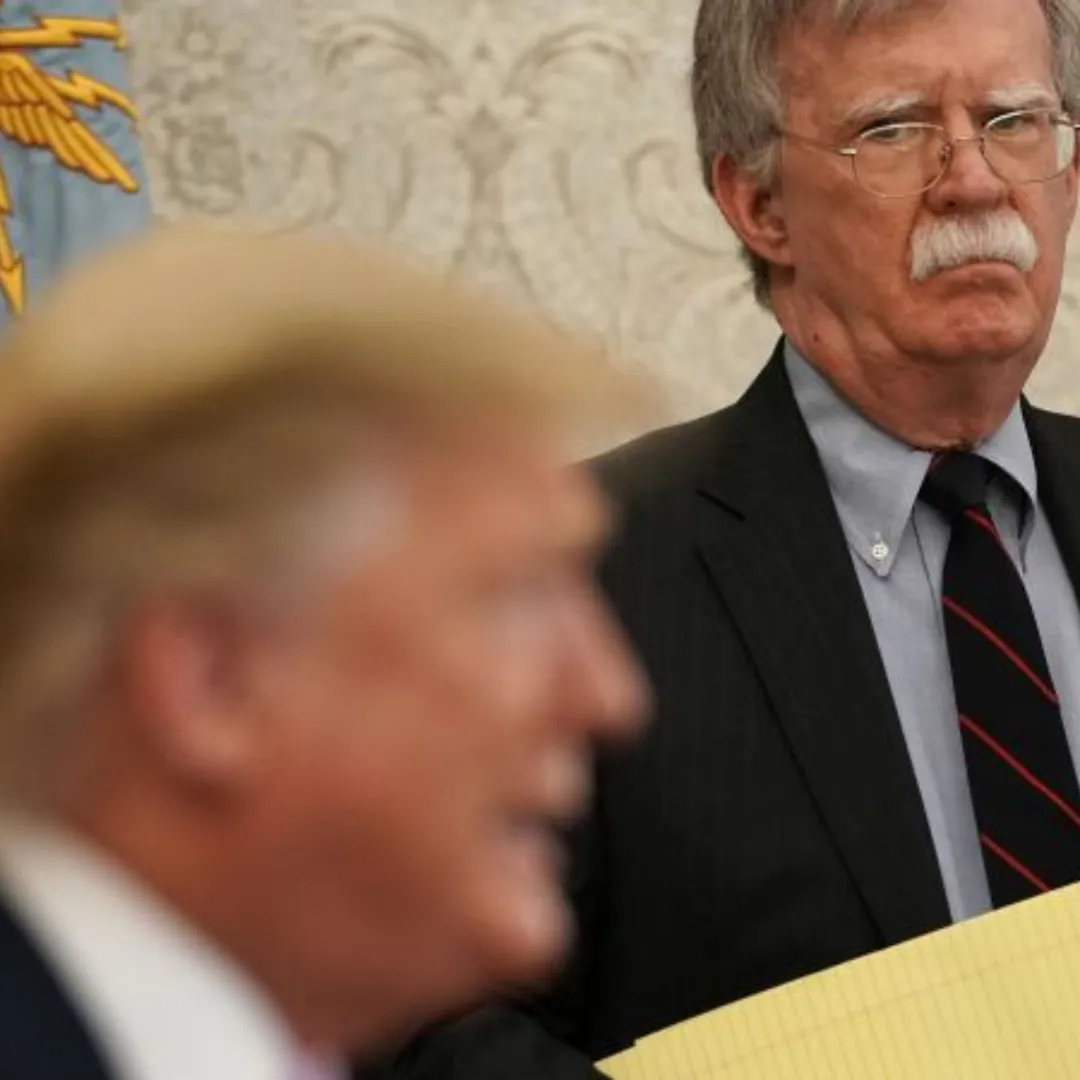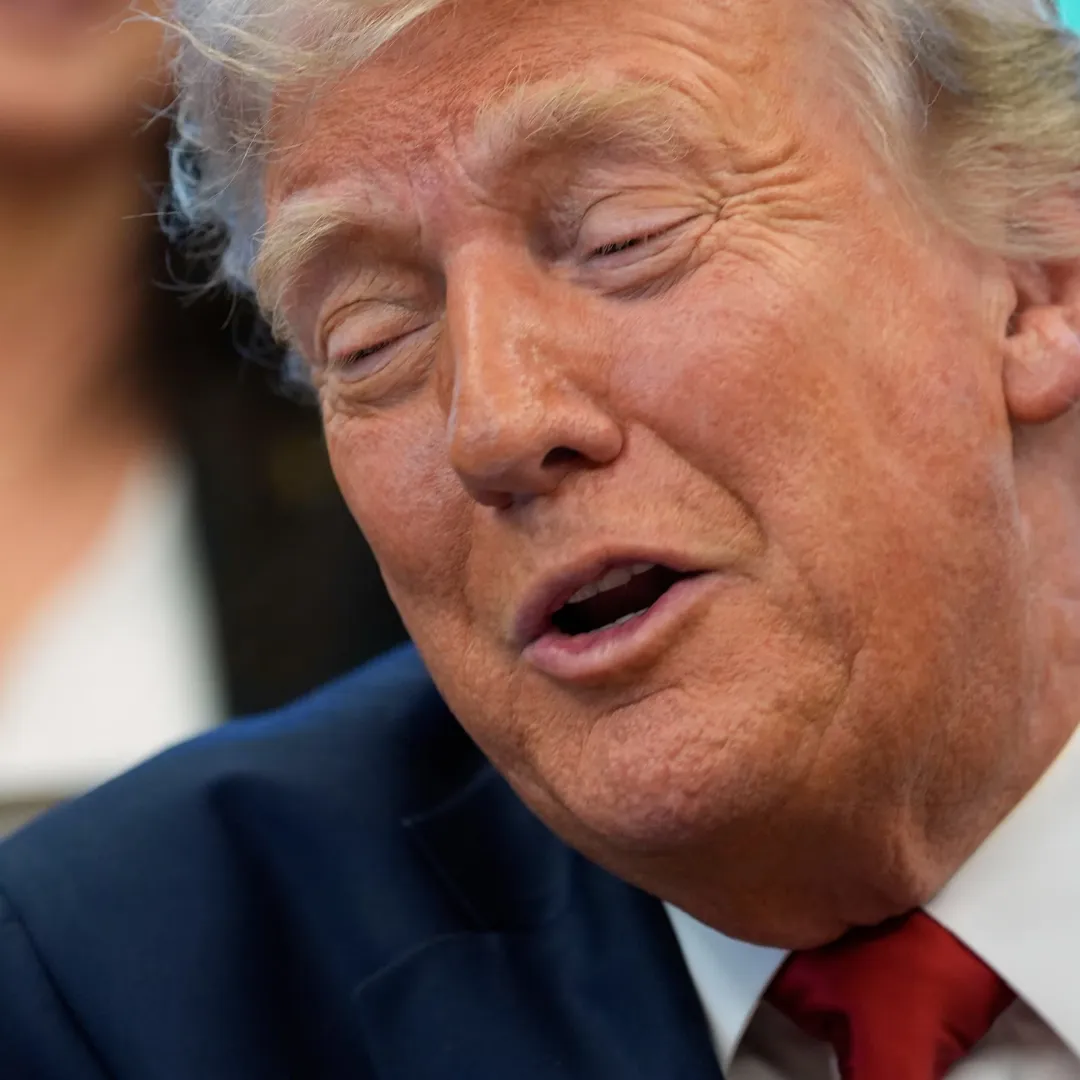Illinois Governor JB Pritzker offered a searing critique of President Donald Trump during a Thursday night appearance on ABC’s “Jimmy Kimmel Live,” where he accused the president of operating as an authoritarian and dismantling the foundations of American democracy with little resistance from within his own party.
“I think everybody understands that at this point, we’ve got an authoritarian in office,” Pritzker said during his conversation with host Jimmy Kimmel. “He’s essentially tearing apart the things that really matter to working families across the United States, and nobody’s stopping him.”
Pritzker argued that Trump’s unchecked power is not simply the result of his own actions but of Republican lawmakers in Congress who, in his view, have abandoned their constitutional responsibilities in favor of blind loyalty.
“Congress is under the control of his party, and they’re all paying homage to him at all times — no one’s willing to break with him,” Pritzker said, criticizing GOP members for failing to check the president’s power or challenge his agenda.
His comments come just days after he called for mass protests during a fiery speech delivered at the New Hampshire Democratic Party’s McIntyre-Shaheen 100 Club Dinner. In that address, Pritzker urged Democratic activists and voters to use every tool at their disposal to oppose the Trump administration and its allies.
“These Republicans cannot know a moment of peace,” Pritzker said at the time. “They have to understand that we will fight their cruelty with every megaphone and microphone that we have.”
He continued, “We must castigate them on the soapbox and then punish them at the ballot box.”
That speech drew a strong reaction from the White House. Senior Trump adviser Stephen Miller accused Pritzker of inciting violence with his remarks, referencing past threats against Trump during his time on the campaign trail.
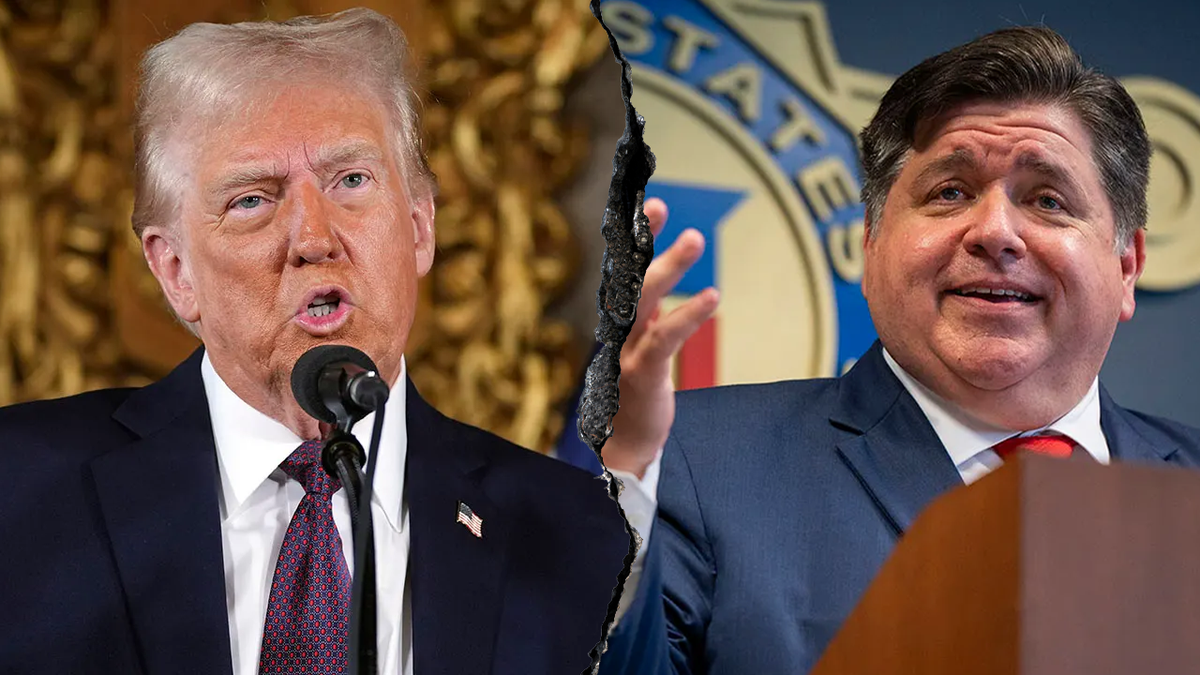
“His comments, if nothing else, could be construed as inciting violence,” Miller said during a press briefing. “People are engaging in rhetoric and behavior that puts the lives of public servants in danger, puts the lives of conservative Americans in danger.”
Pritzker, speaking with Kimmel, stood by his call for protest, clarifying that he was advocating for peaceful and visible resistance, not violence.
“The only thing, in my view, that we really can do on a national level is let them know about our displeasure,” he said. “If members of Congress don’t know how much resistance there is out there in their own districts, then they’re just going to keep following Donald Trump and doing whatever he wants, so we’ve got to be out there — loud, proud, you know, stand up, speak out.”
Throughout the interview, Pritzker framed his criticism of Trump as part of a larger effort to defend democratic norms and values. He emphasized the importance of grassroots organizing, community mobilization, and direct civic engagement as essential tools in pushing back against the administration’s policies and rhetoric.
The Illinois governor has long been one of Trump’s most vocal critics at the state level. Since taking office in 2019, he has consistently positioned himself in opposition to Trump’s approach to healthcare, education, reproductive rights, and immigration. His comments on Kimmel’s show served to reinforce that position and rally his political base.
Trump, for his part, has not hesitated to mock and insult Pritzker in return, frequently targeting the governor’s physical appearance. During a campaign rally in Ohio last year, Trump took aim at Pritzker’s weight, suggesting he was “too busy eating” to govern effectively and joking about how many hamburgers he might order.
“He wants to eat all the time,” Trump said at the time, drawing laughter from the crowd.
Pritzker, a billionaire whose family owns the Hyatt hotel chain, said on Thursday night that he’s unbothered by Trump’s personal attacks.
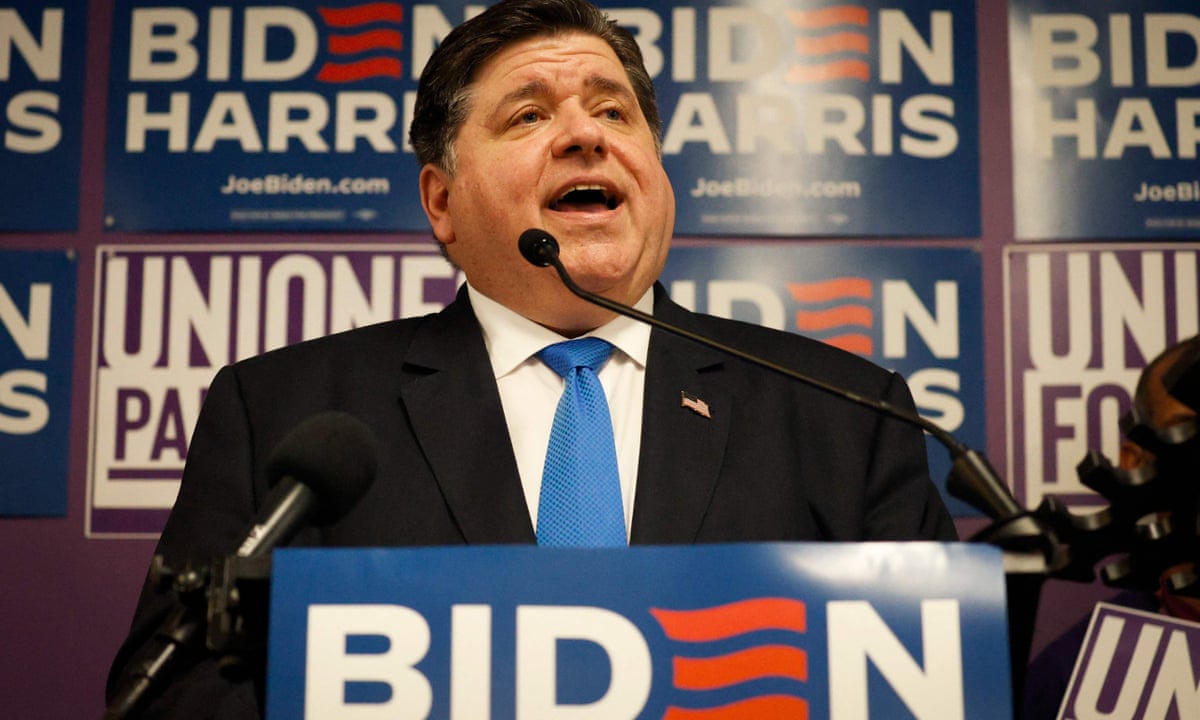
“Frankly, that’s how you know he’s afraid of you,” Pritzker said, brushing off the insults. “When that’s all he has to say, you know he’s not winning the argument.”
During the interview, Kimmel asked Pritzker about his first meeting with Trump, which occurred in late 2018 when Trump invited newly elected governors to the White House following the midterms.
At that time, Pritzker had just won the Illinois gubernatorial election with nearly 55 percent of the vote, running a campaign that often focused on denouncing Trump’s leadership.
“I have to say, I contemplated whether to go or not,” Pritzker recalled. “I had run an entire campaign where every chance I got — in fact, I started a lot of my speeches by saying, ‘Everything we care about is under siege by a racist, misogynist, homophobic, xenophobic president of the United States.’”
Despite his misgivings, he ultimately decided to attend the White House meeting. To his surprise, Trump appeared eager to engage with him.
“Oddly, he spent a lot of time talking to me, you know, seemingly interested in being my friend, which was very odd,” Pritzker said with a laugh. “It was one of those moments where you wonder if he was trying to win me over or just disarm me. Either way, it didn’t work.”
Pritzker’s appearance on national television is part of a broader media strategy as he raises his national profile. Although he has not formally declared any intention to seek higher office, his presence at high-profile political events, frequent interviews, and continued clashes with Trump have positioned him as one of the more visible Democratic governors in the country.
While Democrats continue to regroup following losses in 2024 and navigate internal debates over strategy and leadership, figures like Pritzker are emerging as prominent voices of opposition, particularly in the absence of a unified national standard-bearer.

Pritzker’s message Thursday night was clear: Democrats must not wait for leadership to be handed down from Washington. Instead, he said, they must confront what they see as growing authoritarianism by organizing, protesting, and holding elected officials accountable at every level.
“If we want to protect what matters in this country — our freedoms, our institutions, our communities — then we can’t sit quietly,” he said. “We have to speak up, show up, and fight back.”
The Illinois governor left the audience with a call to action: “There’s no time to waste,” he said. “This is a fight for the soul of the country.”

